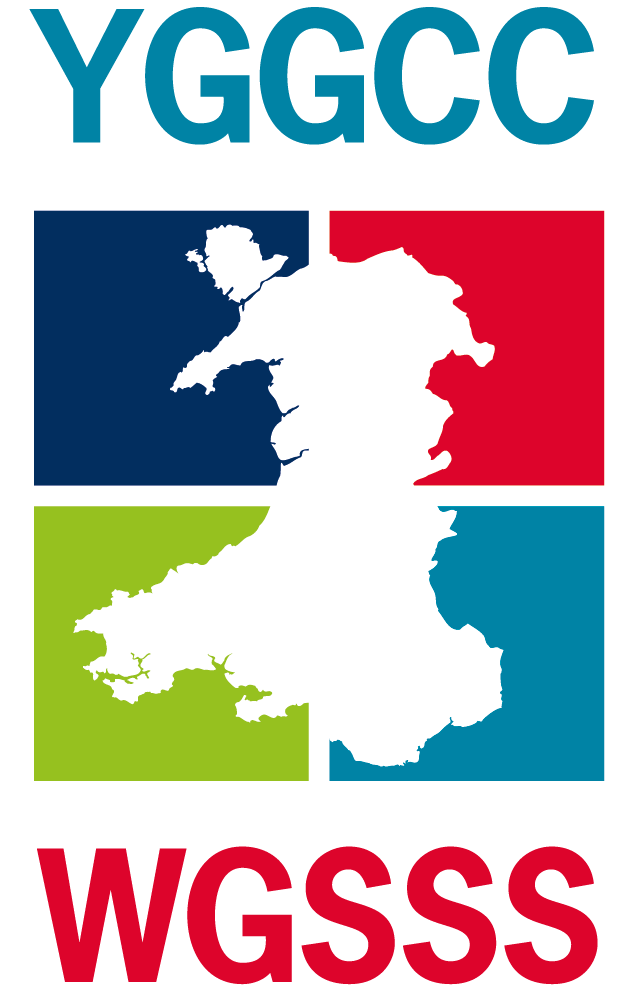Start date: October 2023 (Full time)
Award: General
Subject Pathway:
Management and Business
Thematic Cluster:
Economy, Enterprise, and Productivity Cluster
Public sector evaluation design and planning as reflective and relational dialogical opportunities: The role of discursive tools in cultivating empathetic evaluation design cultures
A convoluted conundrum is growing in public sector governance and management. It is characterised by an increasing outcry for well-being solutions that are designed and delivered in relational ways, where gaps between those with lived experience and the strategists and deliverers of public interventions are decreased, enabling the complexities of lived experience to be responsively and authentically and sensitively reflected in public problem-solving. However, this relational and complexity aware desire is frequently hindered by an austere socio-political landscape that feels pressured to resort to top-down, scaled-up administrative practices that prioritises efficient working, cost-saving and mass impact.
My study focuses on the materialisation of these tensions in public sector evaluation planning and governance cultures. Here, prioritising efficiency and mass impact has led to a call for data and methods that are robust and definitively evidence the concrete contribution of public interventions on social well-being and justice. This has heavy governance implications, often resulting in hierarchal and linear evaluation planning cultures, where opportunities for evaluation to be approached in creative, explorative, learning-focused ways are minimised. Unfortunately, this often means the intricacies of lived experience are narrowed or oversimplified, and the relational gaps between evaluation stakeholders from lived experience, frontline practice, delivery and policy worlds are maintained. Simultaneously, the human-centred and social justice aims of public interventions seem to outwardly call for ways of working and measurement that are relationally led and contextually sensitive. My project aims to address these contradictions by exploring the ways shifts in normative values underpinning evaluation cultures between meso (delivery) and micro (lived experience and frontline practice) evaluation worlds can take place through discursive work.
Research aims
1. To understand the public sector cultures and values currently underpinning evaluation planning and governance arrangements.
2.To understand the relationship that actors have among themselves and with institutions in negotiating changes in evaluation governance cultures and values
3.To understand the extent to which discursive mechanisms can support deep and sustainable change within public sector evaluation governance and planning processes and the role of Human Learning Systems and parallel movements and tools in these efforts
Research gaps
How sustained change in the values underpinning public sector governance, specifically evaluation governance and planning can be achieved and the role of deep learning in these changes
The potential role of discursive work in supporting public sector evaluation cultural change, specifically the role of reflexive and emotionally aware discursive work in supporting deep learning and change
The negotiation of change across meso and micro public sector worlds
Research Impact
The project is keen to support more critical and reflexive public practice evaluation planning and governance processes, which attend to the interactive relational and discursive aspects of these arrangements. It is hoped it can work toward this by 1) attending to evolving dialogues between evaluation stakeholders from different parts of the evaluation world, and by 2)identifying and articulating the discursive environments this work can occur within.
It is hoped that this work will equip organisations working at meso levels to more effectively broker planning and innovation dialogues between strategic actors and those with micro-level, context based insight. This will hopefully support public sector evaluation governance processes that can be recognised as authentic, meaningful, and trusting.
At local levels, it is hoped that participating case study organisations will:
- Develop sustainable and embedded complexity and relationally appropriate evaluation governance cultures, where the conditions for working in these ways (safe, reflective, curious and probing, authentic and honest) becomes part of the organisational culture
- Develop and implement sustainable empathetic evaluation cultures and practices
- Experience sustainable and meaningful improvements in relationships with evaluation stakeholders and partners from different parts of the evaluation intervention “system”
- Articulate and track the discursive processes and principles that support an empathetic evaluation governance culture within their specific practice context.


